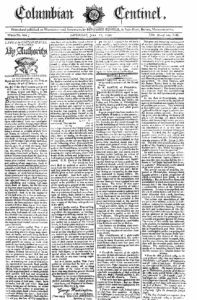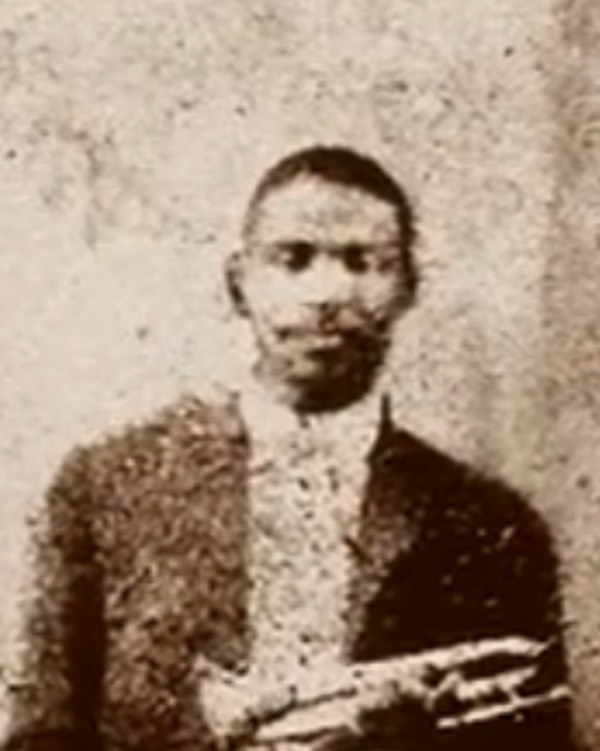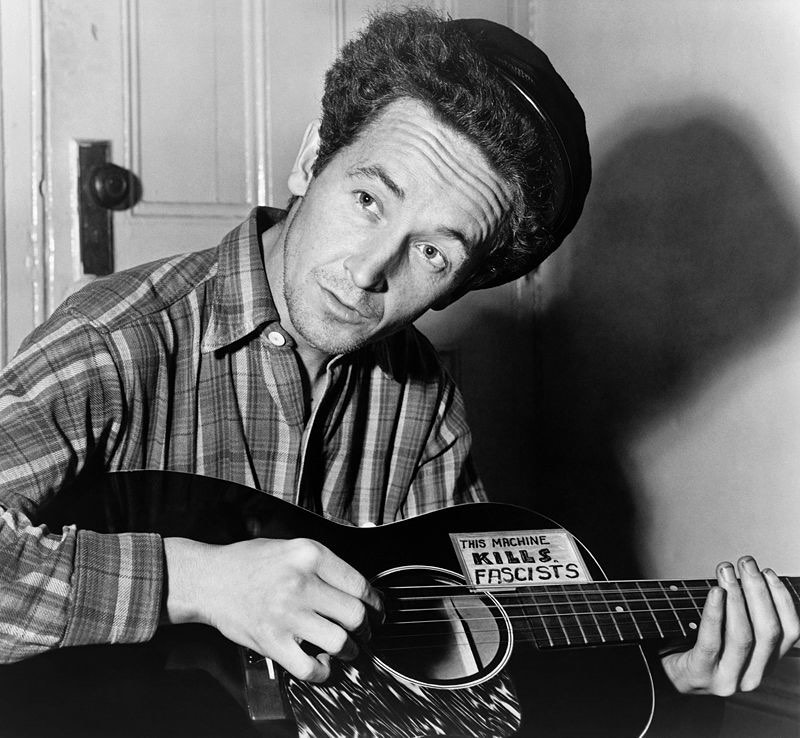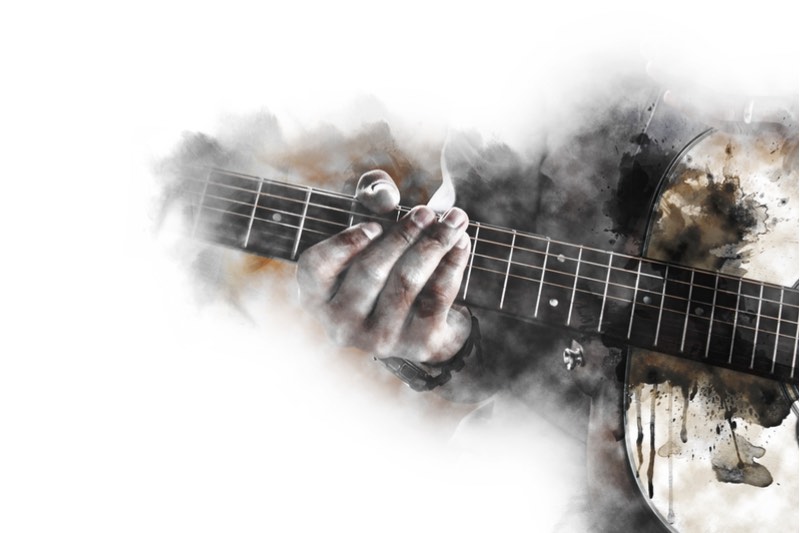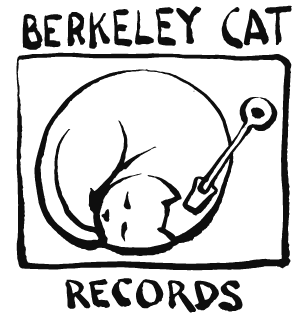by Matthew King Kaufman | Oct 9, 2018 | Blog, General

NOTHING HAPPENS!!!
Don’t expect anything different to happen when a copyright expires, and the piece of intellectual property loses its copyright protection.
There is no uniformity in each territory’s copyright length. So it might expire in one place but not another. Here’s a graphic to explain the law in the United States. Expiration dates vary by country. Signing an international agreement to respect copyright has led to country-by-country decisions about the length they allow.
So doing your own research is important to ascertain if an intellectual property is protected by copyright. Copyright laws were designed so copyrights have always been protected for a finite amount of time, so, what happens when they expire? The answer is nothing. There isn’t any form of notification or communication, so if you do your own research and ascertain the copyright has expired, you can use the previously copyright-protected material. This allows others to exploit old ideas with no copyright fees or restrictions, so there is an incentive to continue exploiting intellectual properties that are of merit to someone in the present day. So the object of copyright protection belongs to whomever uses it. The rule of thumb was anything covered by copyright over 95 years old is available to anyone.
When copyrights expire, the works they protected then belong to the people. Ergo these intellectual properties become public domain, and become available for use.
by Matthew King Kaufman | Oct 2, 2018 | Blog, General

- The basis of the copyright concept is considered important to the growth of mankind.
- We must remember before the passage Statute of Anne in England in the 18th century there was no such concept as a copyright, or patent, of an idea or work of art. With the advent of the printing press and the proliferation of books, authors’ works required protection, for the creators of these intellectual properties could be rightly recognized and compensated.
- This concept makes more sense today. Without ownership of ideas, there is no way to offer incentives to create anything new.
- The copyright vests in the creator.
- This concept is essential to the existing growth of copyright law.
- The basis of the copyright was included in the constitution of the United States, and the first copyright law was enacted shortly after the constitution was ratified.
by Matthew King Kaufman | Sep 7, 2018 | Free Listen, General

Rare image of Buddy Boldon
The man who claims he invented Jazz, Jellyroll Morton, wrote this song in tribute to the 1st man to play the coronet in what was referred to as ragtime, or Jass. Known in the Jazz community as “King” Bolden, Buddy was a New Orleans bandleader in the early 1900’s featuring an improvisational style that supposedly led to more musical experiments, and finally Jazz. Although I couldn’t find any Buddy Bolden recordings, here’s the next best thing, the inventor of Jazz, singin’ about his hero.
by Matthew King Kaufman | Aug 25, 2018 | Free Listen, General

This man is a towering figure in the American Folk scene, writer of “This Land Is Your Land” who influenced so many of the great American songwriters (Bob Dylan for example.) He hated fascists so much he wrote this song about the rampant ideology tearing Europe apart.
by Matthew King Kaufman | Aug 22, 2018 | Free Listen, General

It took me a while to adjust to Scrapper’s guitar playing. Not only is he a self-taught guitarist, he built his own guitar out of a cigar box and wire. As you can guess by his name, he was a rather fiery character better known as part of a duo with Leroy Carr, they had a hit with “How Long Blues” and toured most of the Midwest. This song defines the “Blues.” I highly recommend this and have grown to like Scrapper’s guitar style.
by Nigel Borne | Jul 28, 2018 | Free Listen, General
Bo Carter was the leader of the Mississippi Sheiks. In 1928, he recorded the original version of “Corrine, Corrina,” which later became a hit for Big Joe Turner. His solo work is a lot more suggestive. This song is a perfect example of Bo’s “Dirty Blues.”


